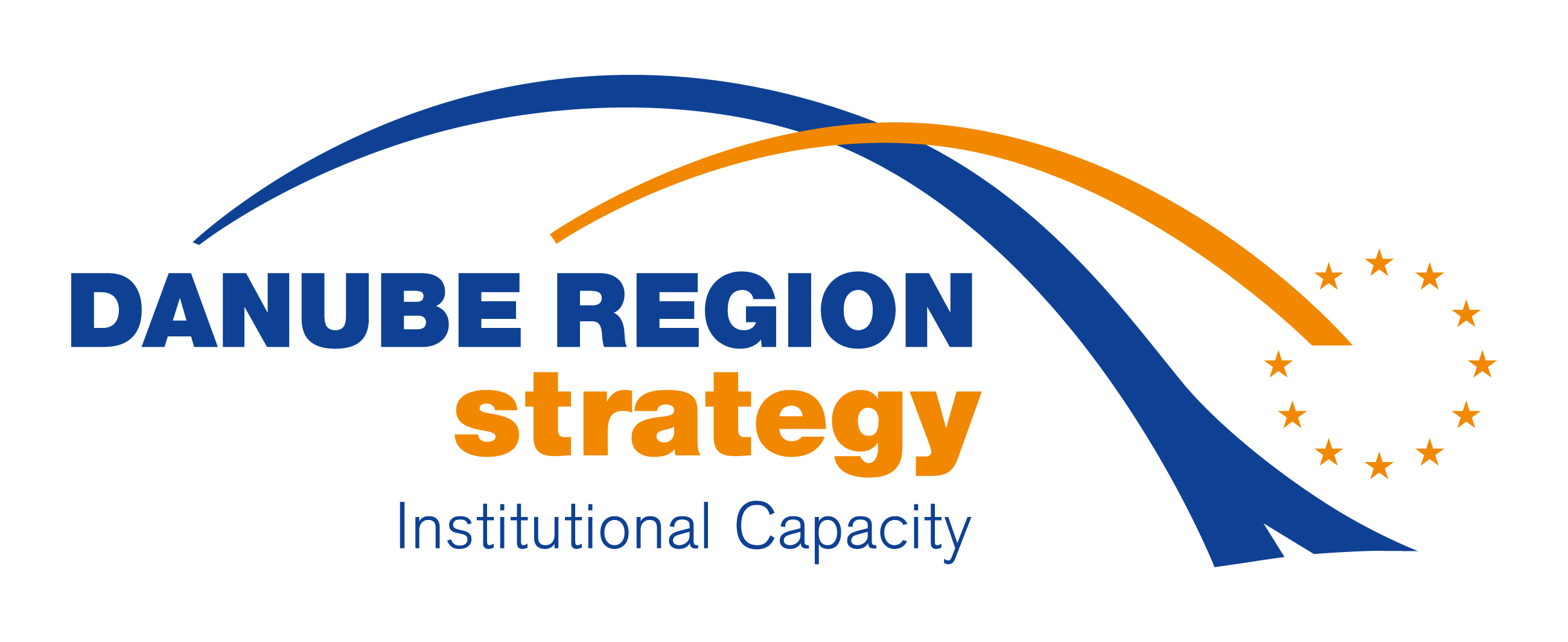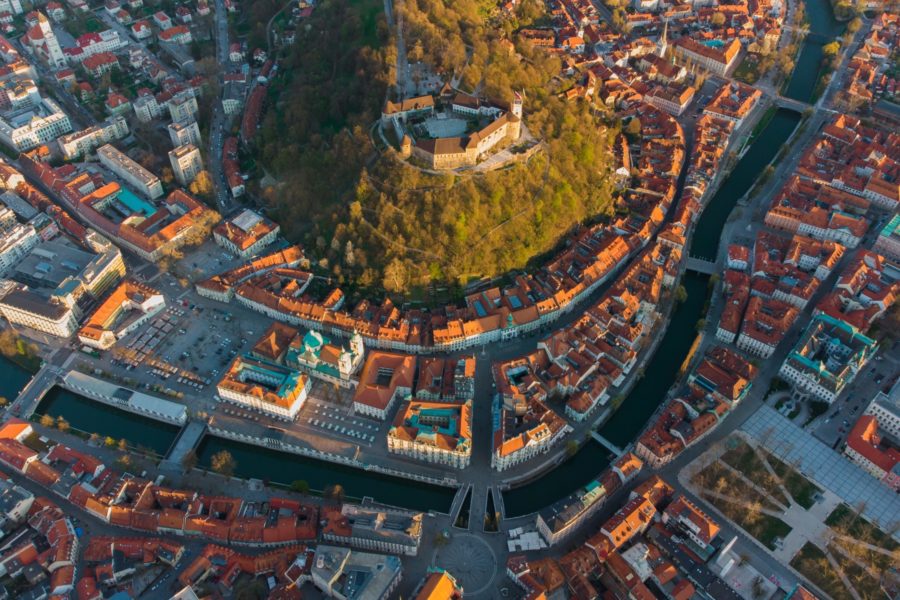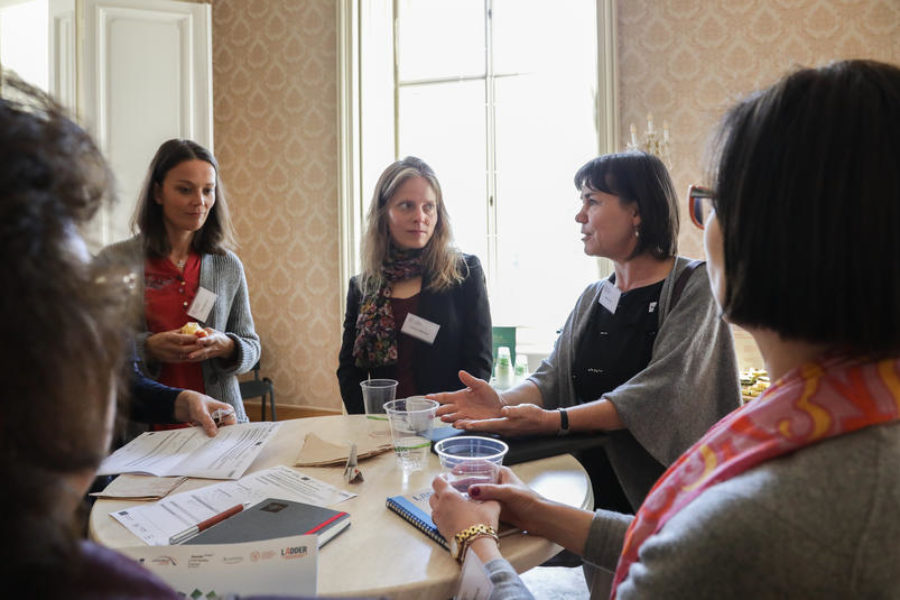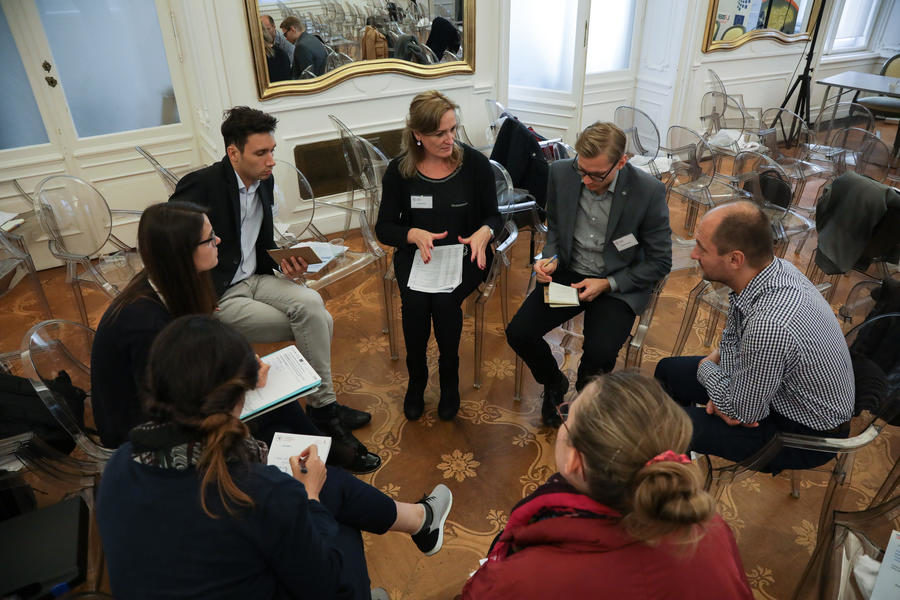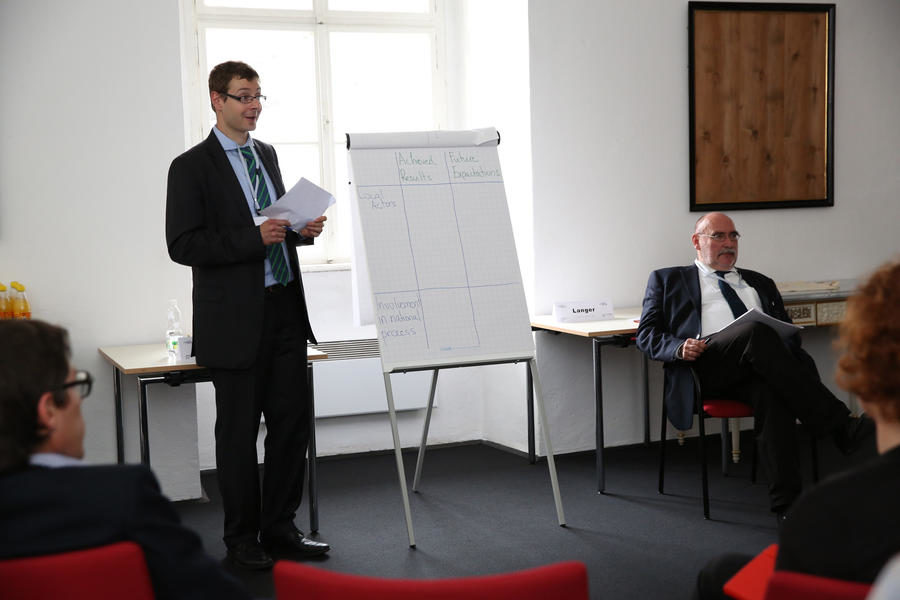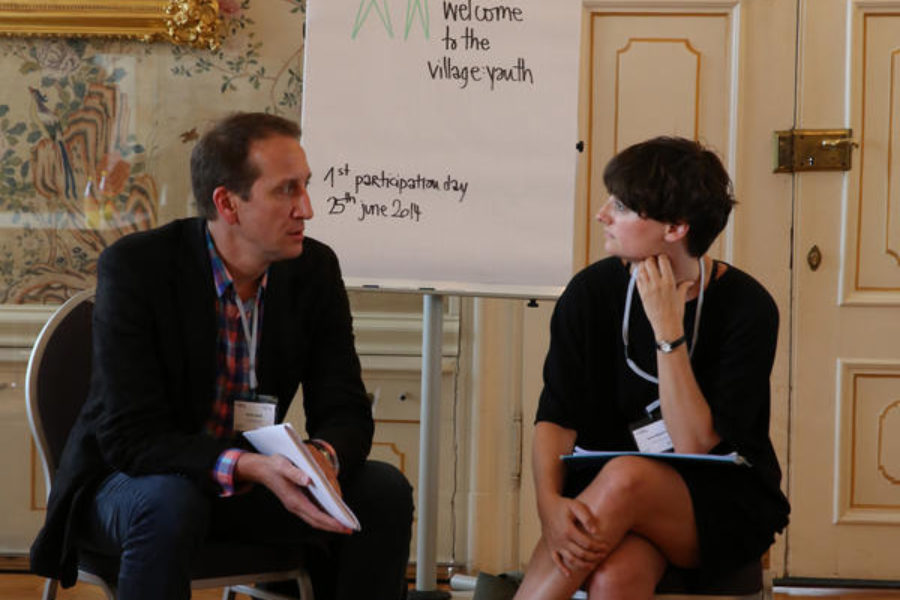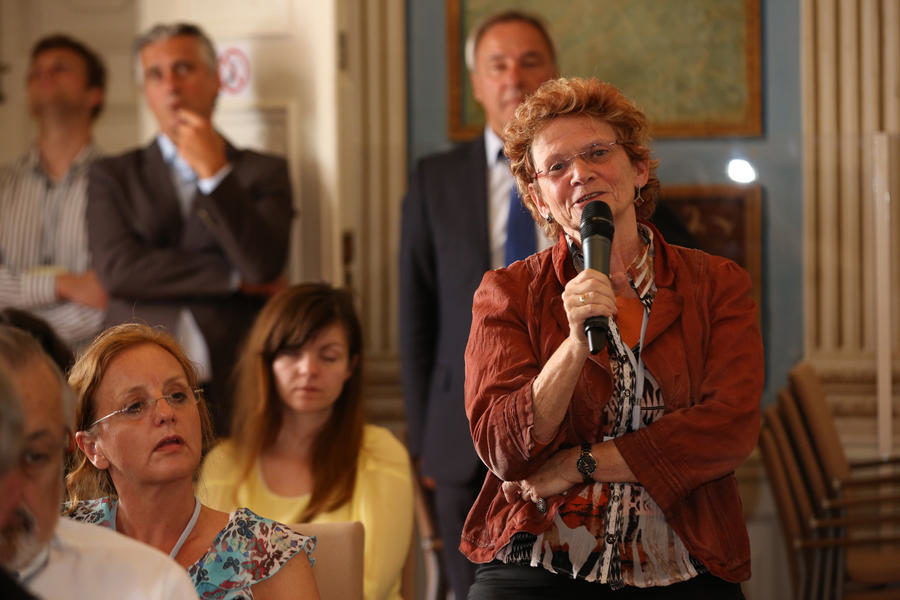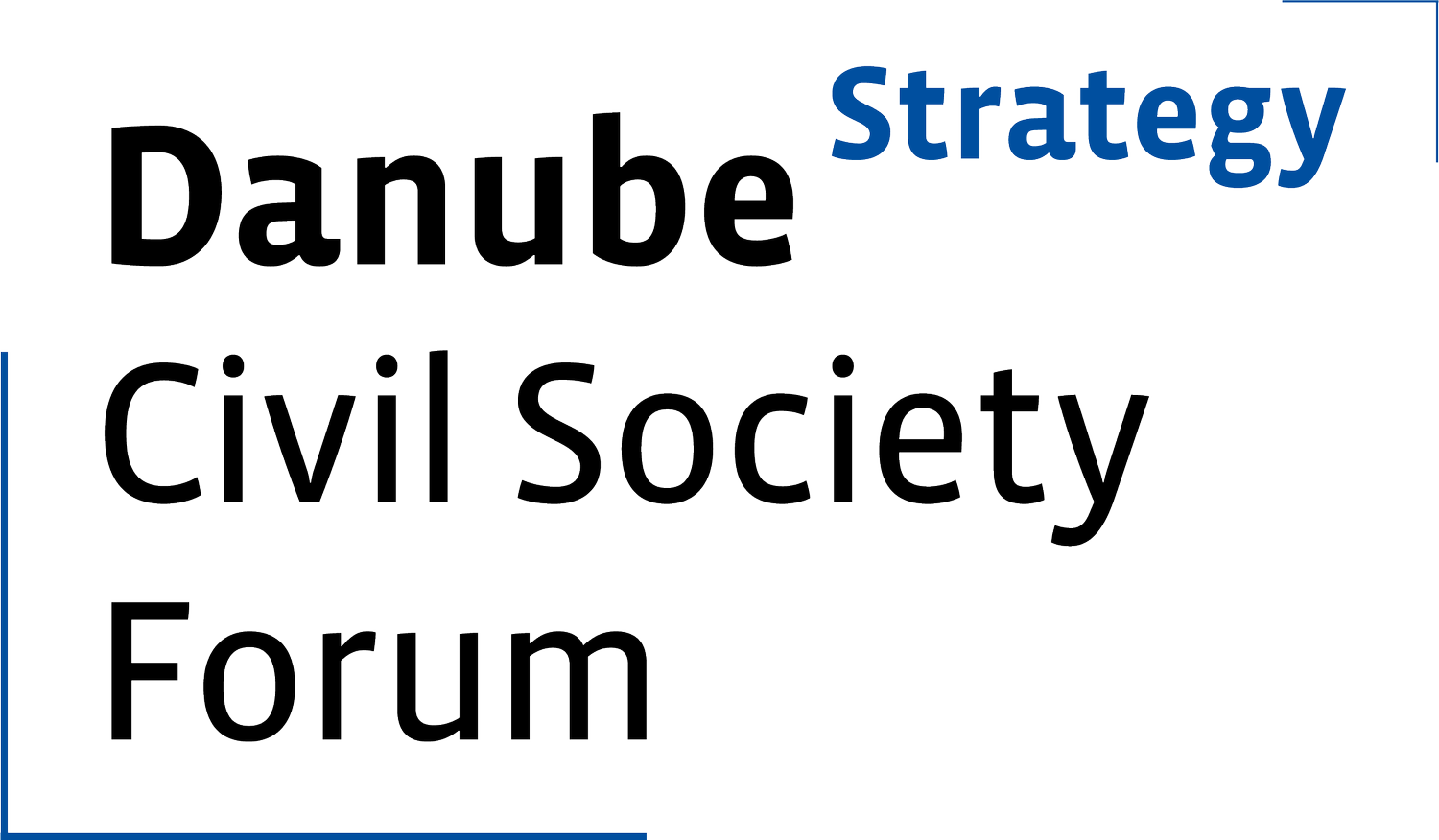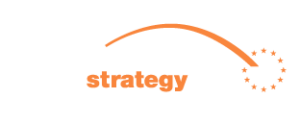10th Danube Participation Day
Ukraine’s recovery towards EU membership
How can the EU Danube Strategy strengthen civil society & local actors for a sustainable recovery towards EU membership and what can we learn from/for Moldova?
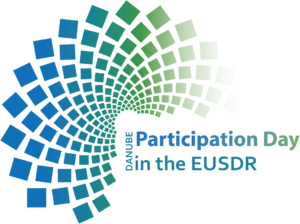
The 10th Danube Participation Day takes place on 23 October 2023, back-to-back with the 12th EUSDR Annual Forum. The event will take place at the University of Ljubljana, Slovenia.
Under the motto “Ukraine’s recovery towards EU membership”, this year’s Danube Participation Day (DPD) aims at exploring the following questions:
What are the potentials the local and regional level in UA and the cooperation of CS and local actors in the Danube region offer to the accession process?
And how can the EUSDR facilitate stakeholder cooperation for recovery/EU accession?
Strengthening civil society and local actors for sustainable recovery and EU membership
In June 2022, four months after Russia’s war of aggression against Ukraine, the European Council granted both Ukraine and the Republic of Moldova the status of a candidate for accession to the European Union. Shortly after, in July 2022, Ukraine adopted together with 40 countries the guiding principles for the recovery process in Ukraine in Lugano (CH) – the so-called “Lugano Principles”, addressing the following seven priorities:
- Partnership
- Reform Focus
- Transparency, Accountability and rule of law
- Democratic participation
- Multi-stakeholder engagement
- Gender equality and inclusion
- Sustainability
Both, the reform process of EU accession and the recovery process under the Lugano Principles, reaffirm the vision of a prosperous, sustainable, inclusive Ukraine based on the principles of good governance.
But the transformation process of Ukraine and Moldova does not start from scratch: Initiatives such as the Eastern Partnership and the participation in the EU Danube Strategy established long-standing cooperation networks and built capacities that offer valuable resources in the current architecture that shapes the reform and recovery processes.
In particular, the EU Danube Strategy provides a framework that aims at strengthening cooperation in Europe by linking policies, partner networks, and funding that takes the specific characteristics of the Danube Region into account.
More importantly, the EU Danube Strategy facilitates new spaces for cooperation for civil society and representatives from local and regional authorities in European cooperation aiming at supporting broad participation for viable regional development.
But how, fit frameworks like the EU Danube Strategy concretely in the recovery architecture of Ukraine? What concrete support can the strategy offer civil society and local/regional authorities to meaningfully participate in their countries’ transition towards EU accession?
How can stakeholders from EU countries and accession countries shape macro-regional cooperation that facilitates cooperation for recovery?
Registration
Venue
Travel costs
The Danube Civil Society Forum provides financial support to cover travel costs for non-profit organisations. Please note that due to a limited budget, organisations from Ukraine and Moldova will be prioritised. If you are interested in applying for support for your travel costs, please contact the office of the Danube Civil Society Forum: .
PRIORITY AREA 10 (PA10)
Priority Area 10 (PA 10) of the EU Strategy for the Danube Region (EUSDR) aims at stepping up institutional capacity and cooperation as a precondition for shaping a sustainable, resilient and prosperous future. In doing so, we address institutional capacity-building, involvement of civil society in public governance, increasing local development and better spending. Priority Area 10 “Institutional Capacities & Cooperation” serves as an information and communication hub for local, regional, national and European stakeholders responsible for as well as working in the field of institutional capacity building, participative governance and spatial development.
DANUBE CIVIL SOCIETY FORUM (DCSF)
The Danube Civil Society Forum (DCSF) is the platform for civil society dialogue and networking in the Danube basin under the EU Strategy for the Danube Region (EUSDR). It functions as the interface for structured consultations between civil society and public and private authorities on the regional, national and EU level as well as to international and intergovernmental organisations active in the region. The Danube Civil Society Forum is dedicated to support civil society organisations in the Danube basin. It aims to promote and enhance civil society participation and networking in the framework of the European Union Strategy for the Danube Region.
Photo Credit: DCSF; EUSDR Priority Area 10; Pexels – Blaz Gostinic

